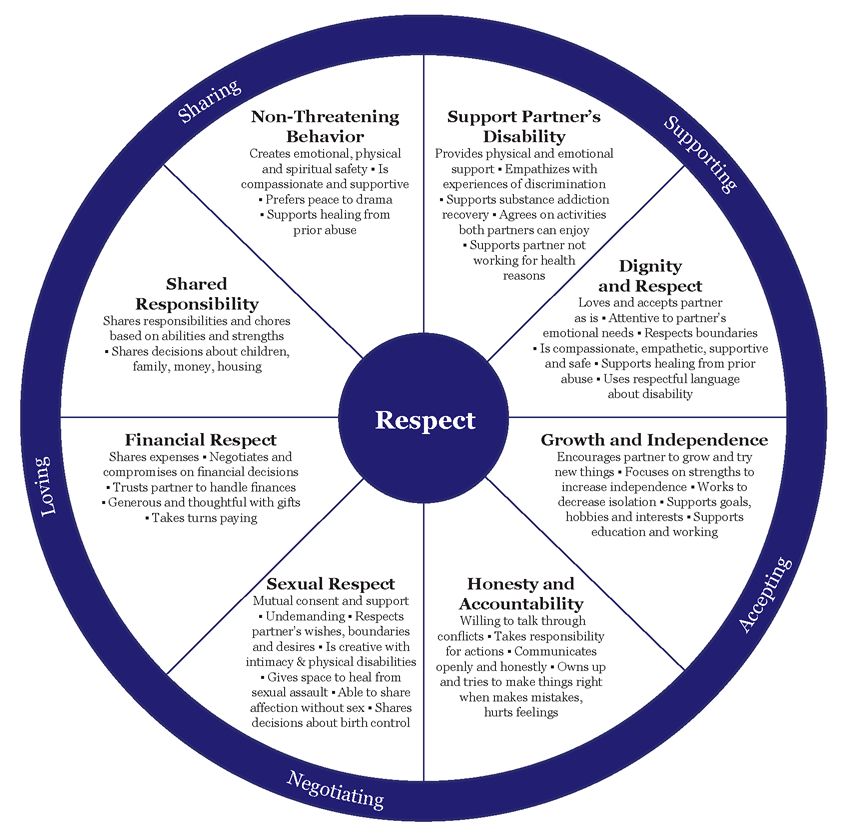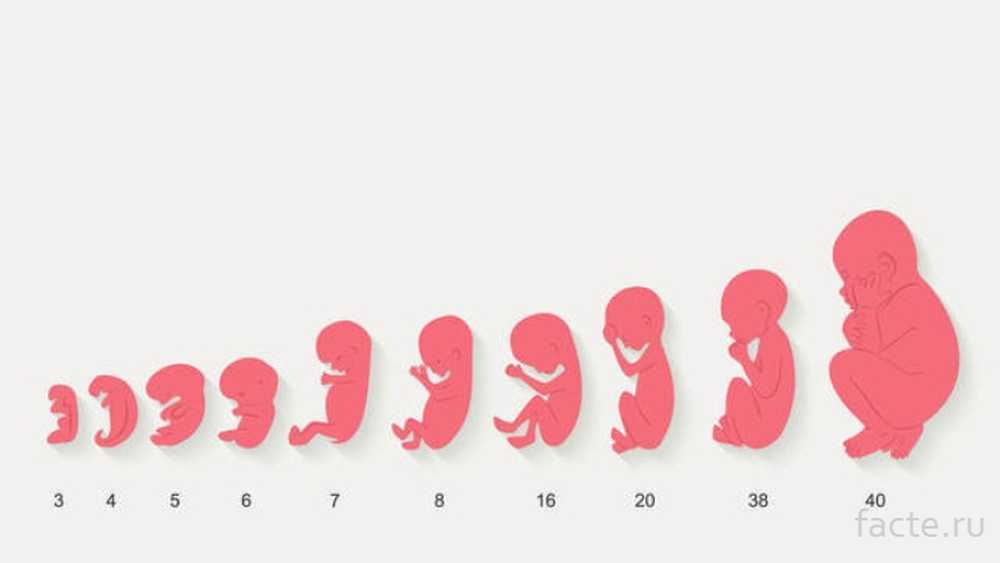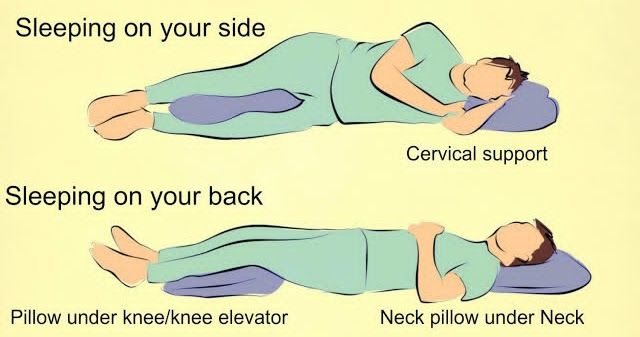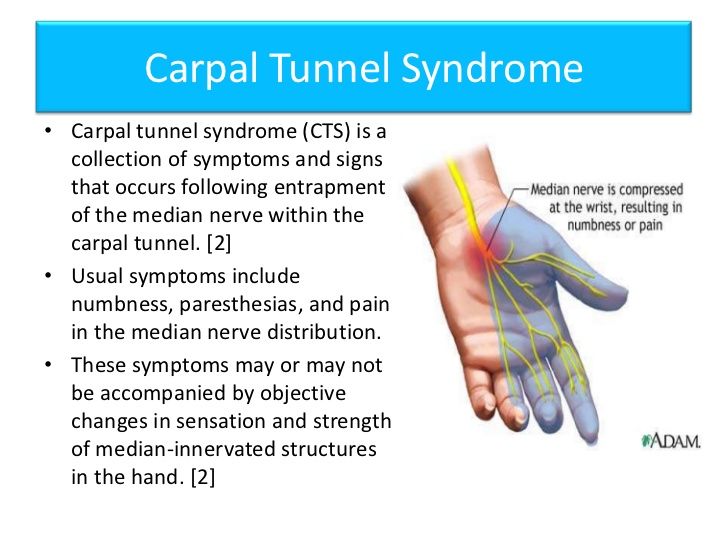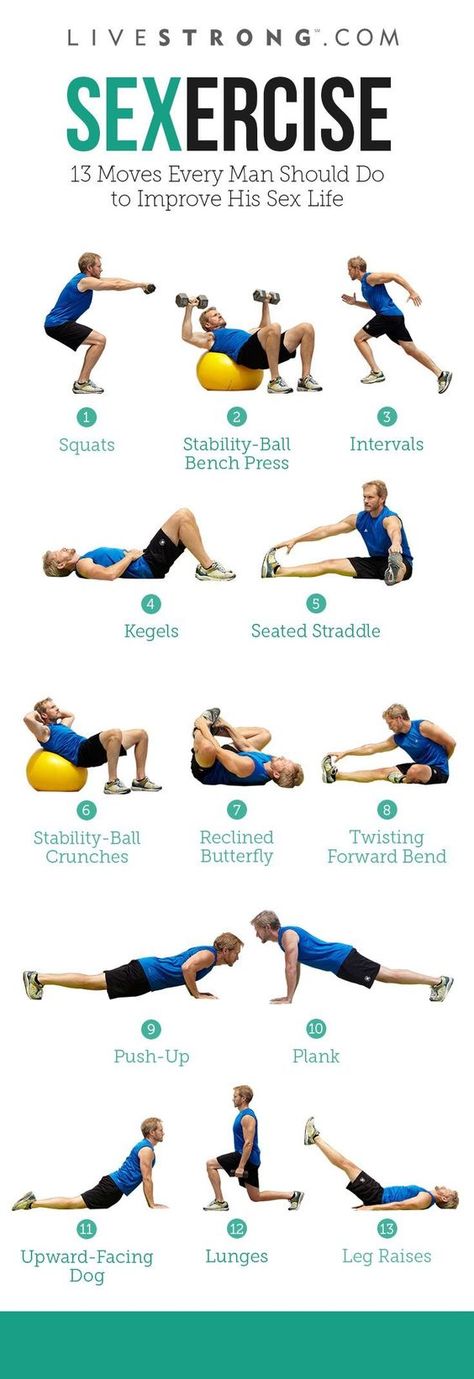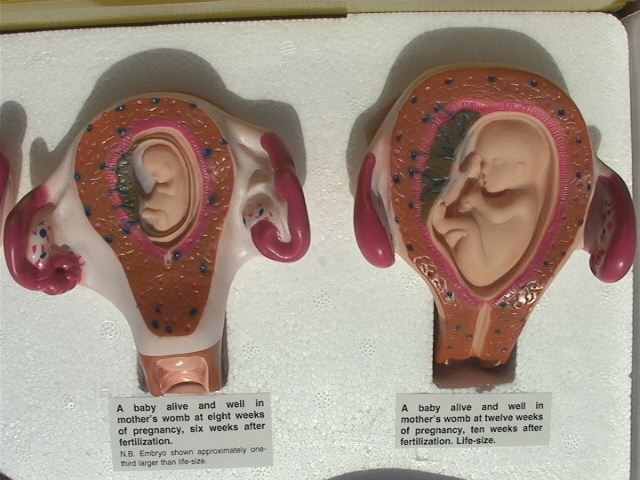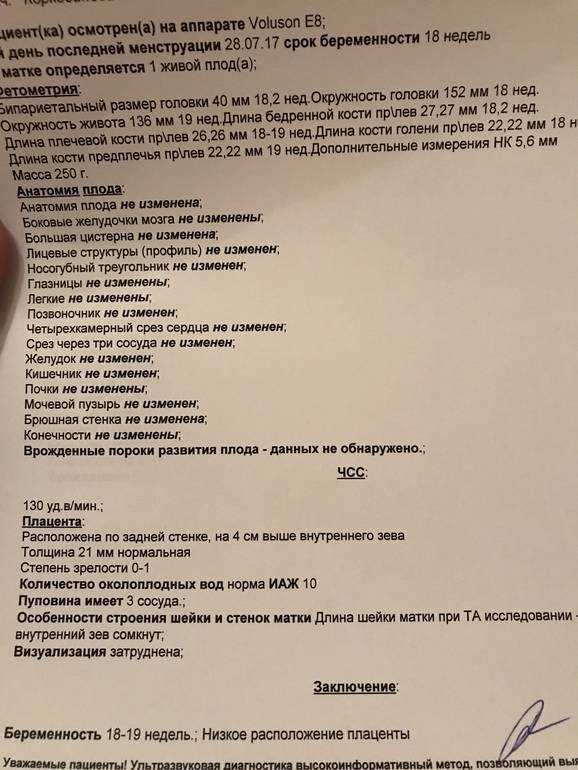How to heal from emotional abuse as a child
A Guide on How to Heal from Emotional Abuse as a Child
Blog
04/01/2021
With April being Child Abuse Prevention Month, the adversities children face and how to heal from them is an extremely relevant and significant topic to shed light on. When it comes to emotional abuse specifically, the impact it can have on child development is substantial, both short-term and in the long run. That said, it is important to notice and work through emotional abuse among children as soon as possible. Not sure where to begin? We’ve put together a guide on how to heal from emotional abuse to help those working through trauma get started. Read on to learn more about how to help children heal from emotional abuse in any area of their life.
What Is Emotional Abuse?Understanding what exactly emotional abuse is and how it occurs is the first step to healing this type of trauma. When we are aware of all of the ways emotional abuse can exist, we can better understand it, pinpoint it, and help our children work through the distress. It is important you have the knowledge of what to look for in a dangerous situation so that you can then know when and how to report abuse.
In simple terms, emotional abuse refers to any words or actions that seek to damage one’s self-worth, self-image, self-confidence, or mental wellness.
Here are a few common examples that fall under the category of emotional abuse:
- Verbal abuse (name-calling, yelling, insulting someone)
- Neglect and rejection (dismissing and not tending to needs, thoughts, or opinions)
- Gaslighting (psychological manipulation used against individuals to make their sense of reality seem invalid)
- Isolation tactics (control over a person to the extent that they cannot have or build a social circle outside of the emotionally abusive relationship)
Emotional abuse can exist in any combination of the examples listed above and more. It is important to note that some may be more deceitful and subtle, while others may be very prominent and direct. However, regardless of the degree to which it is present, it is important to heal with the following steps.
However, regardless of the degree to which it is present, it is important to heal with the following steps.
When considering how to heal from emotional abuse, the following steps can each make a significant difference, especially on child development.
Create a Safe Talking SpaceOne of the first steps to help your child overcome the effects of emotional abuse is to give them a safe space to express their feelings and emotions. Let your child know that you are there to listen to them and their feelings and you will not judge them based on what they tell you or how they feel.
Another way to foster a safe talking space is by opening up to them about your own experiences as long as they are age-appropriate for your child. For example, explain a time when you felt dismissed or bullied by someone and how you overcame that experience.
It is important to keep in mind that creating a safe space takes time and a secure level of built up trust within the relationship.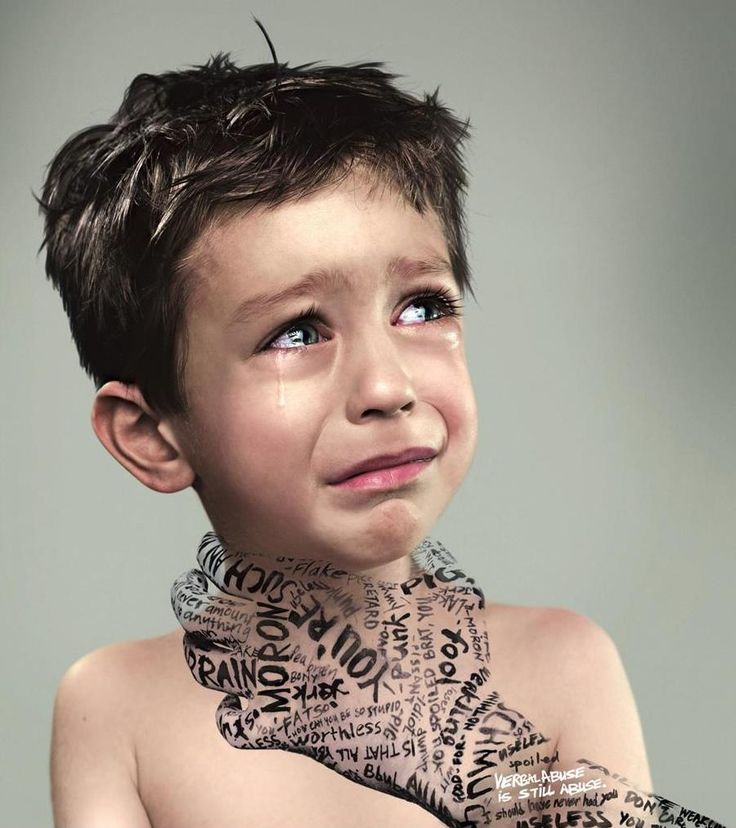 Let your child open up to you on their own without putting too much pressure on them. This will allow them to feel safer in the space you create when it comes to discussing difficult emotional wounds.
Let your child open up to you on their own without putting too much pressure on them. This will allow them to feel safer in the space you create when it comes to discussing difficult emotional wounds.
Next time you are at a bookstore or an art supply store, perhaps pick up a small journal for your child to write out how they are feeling. Journaling is proven to be a great outlet for emotional distress, and in itself can act as a safe space for your child.
If your child is not sure where to begin, here are a few prompts to get them started:
- How are you feeling? Explain.
- What was the best part of your week? What was the worst part of your week? Why?
- What are some things that make you feel good? What are a few things that hurt your feelings? Explain.
Let your child know that the journal is theirs to write whatever they want and it is not to be read by anybody other than them, unless they decide to share it with someone.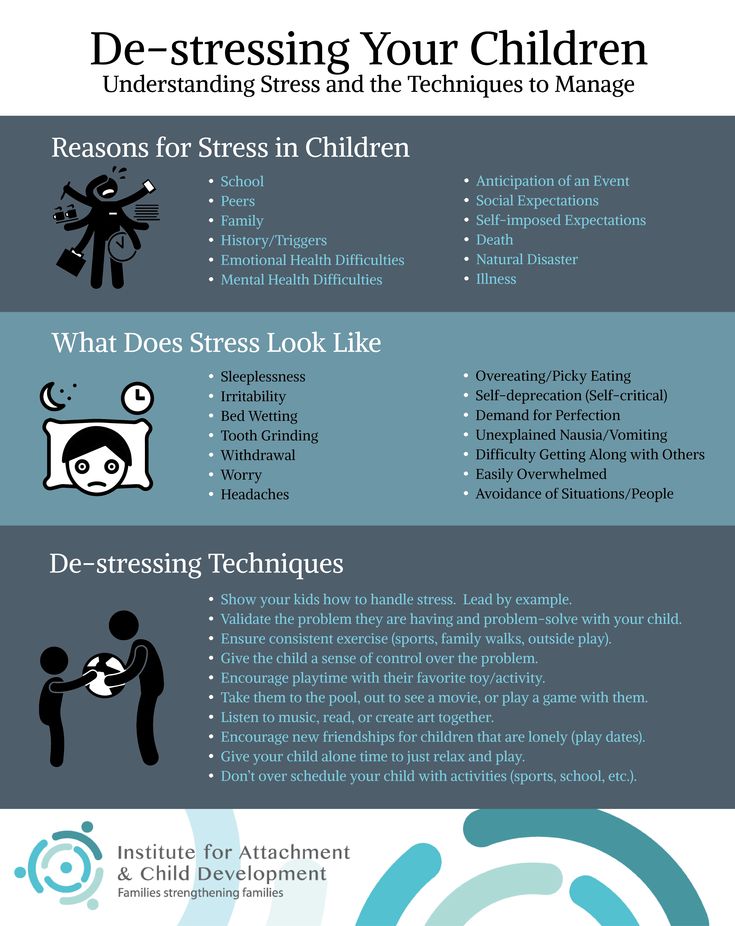
Another great option for helping your child heal from an emotionally abusive relationship is setting them up with a therapist. Whether it is group therapy or individual therapy, professionals tend to have a deeper understanding and can offer additional ways to help. At Children’s Bureau there are a number of mental health services that are available for children 0-21. As an organization that works towards child abuse prevention, Children’s Bureau offers a number of tools and resources to help your child overcome any emotional barrier in their lives.
With therapy, your child can gain the additional support they need outside of the home so that they can feel safe and secure when they rest their head every night.
Healing from Emotional Abuse As An AdultLastly, healing from emotional abuse as an adult is just as important as it is for a child. If you or someone you know has been a victim of emotional abuse at any point in life, the steps listed above can help you work through that trauma as well.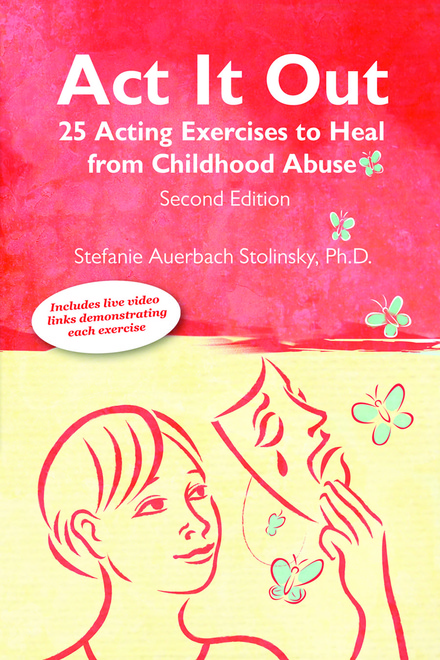 In doing so, you will begin to heal from the emotional distress and break any generational abuse cycles that may unintentionally present themselves in future relationships or when you become a parent.
In doing so, you will begin to heal from the emotional distress and break any generational abuse cycles that may unintentionally present themselves in future relationships or when you become a parent.
Whether you decide to take the healing process into your own hands, set your child up with a professional, or a combination of the two, there is no better time to help your child heal from a toxic relationship than now. Additionally, acknowledging your own emotional abuse traumas and beginning to work through them yourself is equally as important when it comes to breaking any repetitive emotional abuse cycles in your family. The sooner your child feels the support they need, the sooner they can work through the trauma of emotional abuse and set themselves up for a healthy life.
Reviewed By:
Susan J. Wood, Former Director of Mental Health
Susan J. Wood, LMFT was the Director of Mental Health at Children’s Bureau and has over 20 years of experience working with children in a community mental health setting. She joined Children’s Bureau in 2015 as a Program Manager in the Antelope Valley and became the program director in June 2018 where she was instrumental in opening and expanding mental health services to the Santa Clarita Valley and Long Beach.
She joined Children’s Bureau in 2015 as a Program Manager in the Antelope Valley and became the program director in June 2018 where she was instrumental in opening and expanding mental health services to the Santa Clarita Valley and Long Beach.
Sources:
- https://au.reachout.com/articles/what-is-emotional-abuse
- https://www.northpointrecovery.com/blog/let-the-healing-begin-11-tips-to-overcoming-emotional-abuse/
Healing From Emotional Abuse In 12 Practical Steps
Today, you’ll learn all about healing from emotional abuse.
Although emotional abuse always accompanies physical and sexual abuse, it can also be present on its own.
And a lifelong of continual, pervasive, easily denied, and overlooked emotional abuse can be very damaging.
Emotional abuse is hard to spot, easy to deny.
Adults who were victims of emotional abuse might suffer the damage but because they can’t point out a single time their parents hit them or molested them, they end up concluding that they were never abused.
No one is perfect. We all, occasionally, say or do things we know we shouldn’t. That’s normal and doesn’t constitute abuse.
But when these things become consistent over a period of time, they stop being normal and become abusive.
Emotional abuse is an intentional assault by one individual on another aimed to distort the victim’s view of self and to control them.
Emotional abuse is the most common form of abuse. It can come from the parent who yells in frustration every time their child makes a mistake, “Why can’t you be more like your sister?”
This pattern is repeated over and over again until the repetition obscures the severity.
The victim attempts to minimize the abuse as a denial technique developed to survive emotionally through the abuse. The child might begin to think that it’s not a big deal and even agree with the criticism.
If you have grown up in an abusive family, you’re probably not the best judge.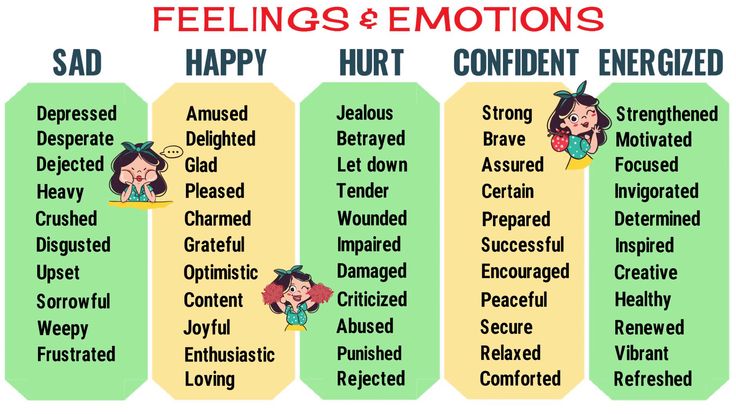
Because it’s all you’ve known, your sense of normalcy might be distorted. If you’re in an abusive relationship now, you probably won’t see anything different to point to the reality of abuse.
Although you’re not the best judge, you are really the only judge.
You need to start asking yourself, “Where does constructive criticism end and abuse begin?”
30 Signs You Were Emotionally Abused As a ChildRelated: 18 Steps to Heal From a Narcissist Relationship
The following are signs you might be a victim of emotional abuse by one or both of your parents:
1. You never felt like they approved of you.
2. You had a hard time pleasing them.
3. You often felt disconnected from them emotionally.
4. You rarely felt safe or protected at home as a child.
5. They always wanted you to be more than you are.
6. You weren’t allowed to express emotions as a child.
7. When you think back on your childhood, more bad memories come to mind than good ones.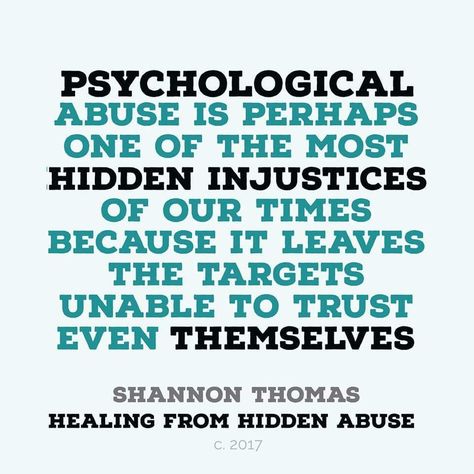
8. Growing up, you were always wrong and they were always right.
9. They often had a way of always letting you know how stupid you were.
10. You’d often get into arguments with them but you never win.
11. Whenever you got into a fight with them, they would always bring up every mistake you’d ever made.
12. They often yelled at you instead of speaking to you.
13. You weren’t allowed to question their decisions.
14. They never actually hit you, but the threat was always implied.
15. Their moods were always up and down. You could never be sure from moment to moment what their mood would be.
16. Growing up you felt like you had two families. The private one at home and the one showed in public.
17. You often felt more like a parent than a child.
18. They never seemed to want to spend any time with you.
19. You were often left alone as a child.
20. They seemed happier when you didn’t bother them.
21. Most of the time you felt on your own.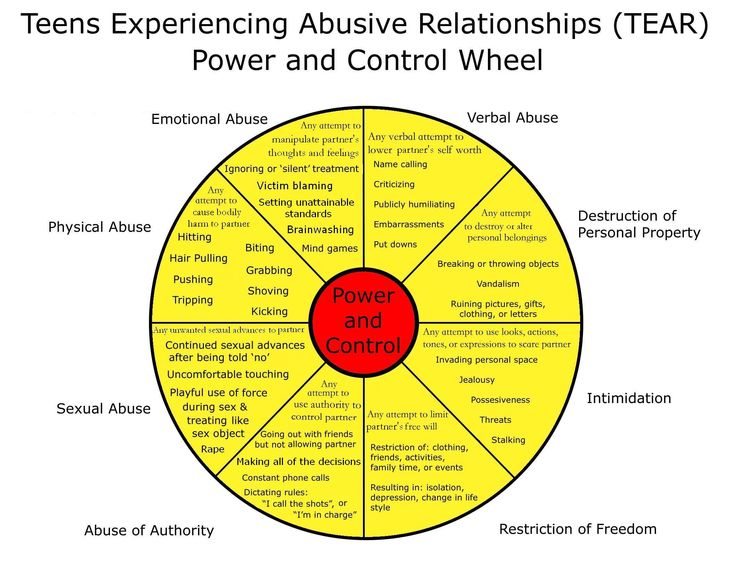
22. You don’t speak up for yourself when you’re confronted by someone else.
23. You don’t trust your own judgment and will go with someone else’s opinion, even if it goes against your “gut” feeling.
24. Your current relationship could be called an abusive one.
25. Even though you’re abused, you believe you love my mate.
26. You really believe your partner will change.
27. You feel like you have to conceal part of yourself from your partner.
28. It’s hard for you to open up and be vulnerable with another person.
29. You use alcohol/drugs and other addictions to help get through life.
30. Sometimes you just feel too tired to cope with life.
Healing From Emotional Abuse#1. Identify Your Abuse: Three Types of Emotional AbuseRelated: Living With a Narcissistic Parent: How to Cope With Your Narcissistic Parent?
Healing begins when you stop running and hiding from the truth, and face it and accept it.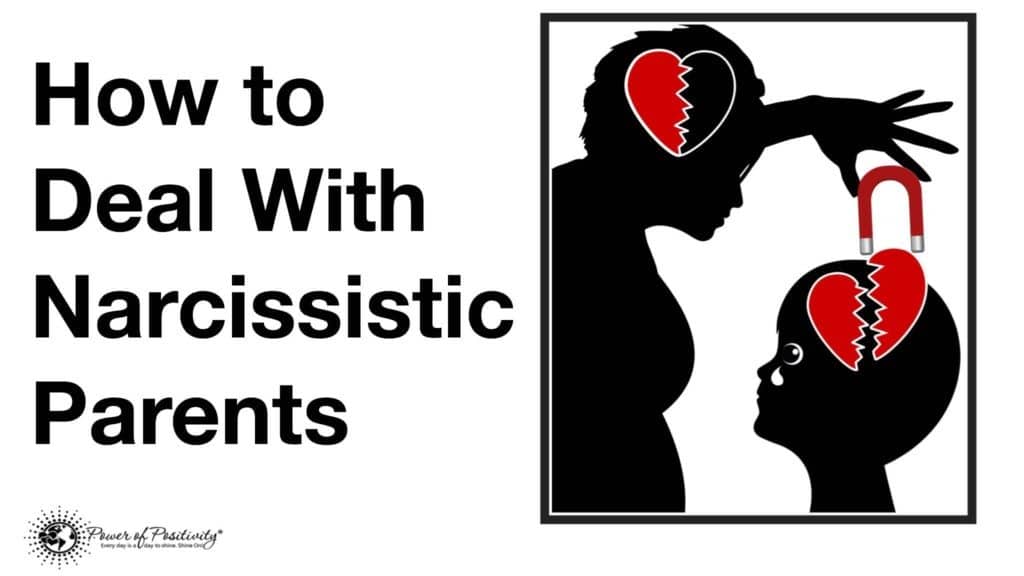
Recognizing your abuser and becoming aware of the types of abuse they used on you is the first step to healing.
1. Emotional Abuse through WordsThe most common type of emotional abuse is verbal abuse. Abusers would use their words to control, wound, or humiliate their victims.
These words and messages, repeated often and forcefully, infiltrate the inner being of their victims and shape the way they view themselves.
Verbal abuse can take one of these forms:- Forcing you to always accept their opinion and refusing to consider yours.
- Whenever there is a disagreement, they have to be right and have the last say.
- Using harsh judgments of you as a person or of your behavior in order to control you by making you feel ashamed and guilty.
- Using comments like, “You’re stupid! How could anyone make such mistake?” to devalue your decisions and feelings.
- Using sarcasm to dig up past issues, or belittle you as a person.
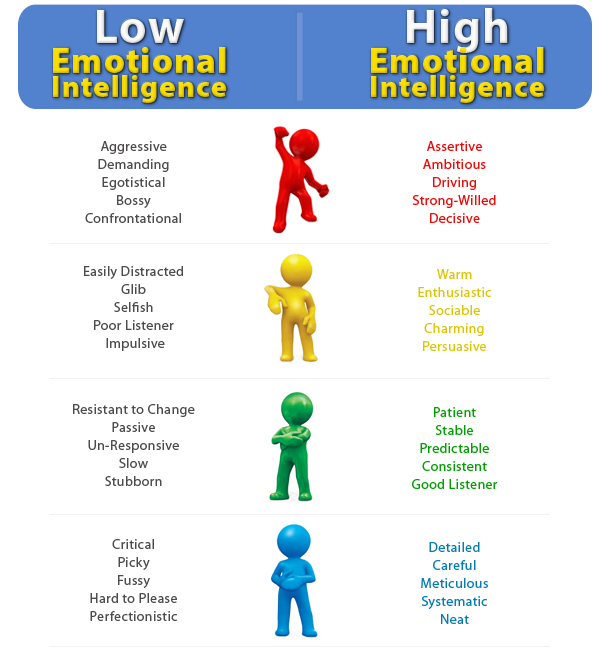
- Using unrealistic and undeserved false guilt, by manipulating fact, minimizing the good, and magnifying your mistakes, in order to control your behavior.
- Giving a sermon for every situation, especially to point out even the smallest mistakes.
- Bring up over and over again every past issue despite telling you that you are forgiven, to shame you and control you.
- Using screaming and name calling to control you.
- Giving you the silent treatment as their way to punish and control you.
2. Emotional Abuse through ActionsRelated: 10 Signs You’re In a Relationship With a Narcissist
Emotional abuse can come accompanied by actions, such as physical intimidation, manipulation, and other physical threats.
Emotional abuse through action can take one of these forms:- Displaying moods and behavior swing in a way that removes any sense of safety and consistency from your relationship.

- Having a public persona and a private persona that are distinctly different from each other, with the public persona used as a false front to mask their true nature.
- Playing favorites to humiliate you and control you.
- Reversing relational roles, taking the role of child and leaving you to assume the responsibilities of the parent
The third type of emotional abuse that can be done without speaking a word or taking action, is abuse through neglect that comes about through indifference or inaction.
Emtional abuse through neglect can take one of these forms:- The parent physically removes themselves from any interaction in your life.
- The parent provides for the physical needs of life but removes themselves emotionally from any interaction in your life.
Look at the lists above and identify the types of abuse and the messages you experienced the most growing up.
#2. Identify the Effects of Your Abuse: how emotional abuse affects you?Related: 13 Symptoms and Behaviors of Narcissism You Should Look For
Past emotional abuse can leave damaging effects. Recognizing these effects is the first step to figuring out the best way to deal with them.
While each person is unique the following are some common effects victims of emotional abuse suffer from:
1. Effects on Sense of Self- low self-esteem
- lack of self-confidence
- transfer of needs
- acting out sexually
- loneliness
- failure syndrome
- perfectionism
- unrealistic guilt
- crisis oriented
- unresolved anger and resentments
- addictions
- depression
- anxiety
- eating disorders
- panic attacks
- phobias
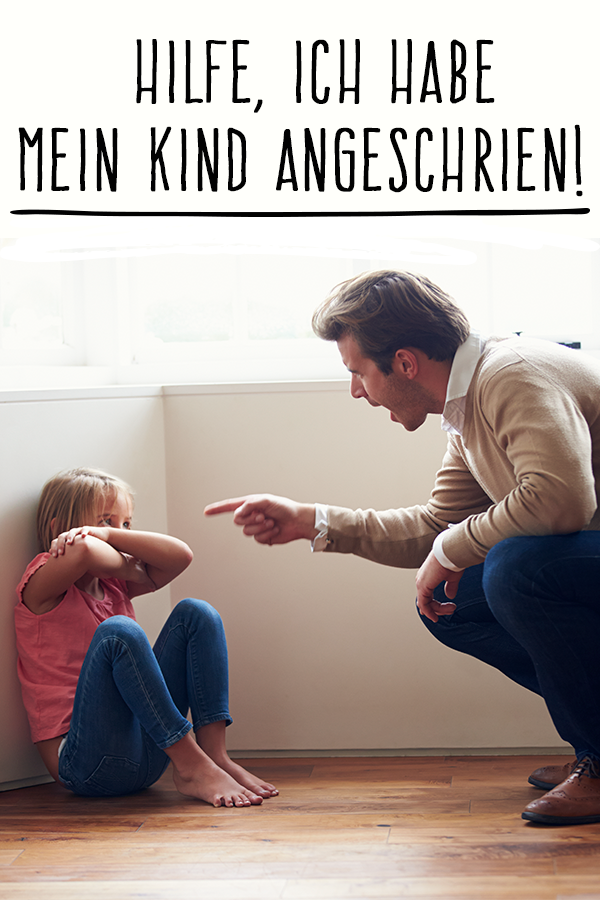 Physical Effects
Physical EffectsYour emotional system is chemical- and body-based – what the mind feels, the body experiences.
Chronic stress and other psychological issues related to emotional abuse can wreak havoc on your physical health.
Some of the common physical effects of emotional abuse include:
- allergies/asthma
- digestive disturbances
- hypochondria
- chronic fatigue syndrome
- migraine headaches
- unexplained skin rashes
- unexplained physical pain
- lack of intimate relationships
- codependency
- falling into abusive relationships
- isolation from others
- excessive compliance or passivity
Look at the list of effects above and identify the ones you associate with most.
How Emotional Abuse Does Damage?Emotional abuse gradually wears away at the victim’s self-confidence, sense of self-worth, and trust in their own perceptions and their ability to judge situations realistically.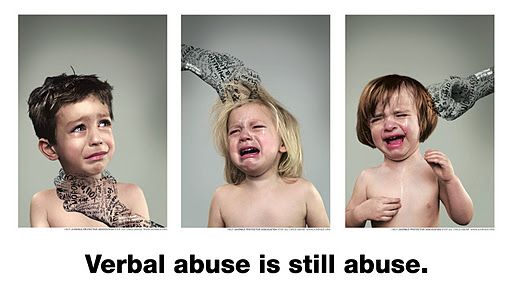
It often leads to confusion, self-blame, feelings of failure or worthlessness, and even self-destructiveness.
Over time, victims of emotional abuse begin to believe that they are inadequate and unlovable.
The person being abused may wonder, “Am I as bad as he makes me out to be? If I am as bad, maybe no one will love me.”
#3. Understand Why You Chose an Abusive Partner1. The Repetition CompulsionIf you are abused in your relationships, chances are you’ve been abused as a child, too.
Repetition compulsion is an unconscious need to reenact the same type of abusive relationship you experienced as a child in an attempt to overcome it and accomplish a new outcome.
We’ve all heard the phrase—“he married his mother” or “she married her father.”
In an attempt to undo the past, the repetition compulsion compels us to transfer unmet needs, defense mechanisms, and conflicts from the past onto present relationships.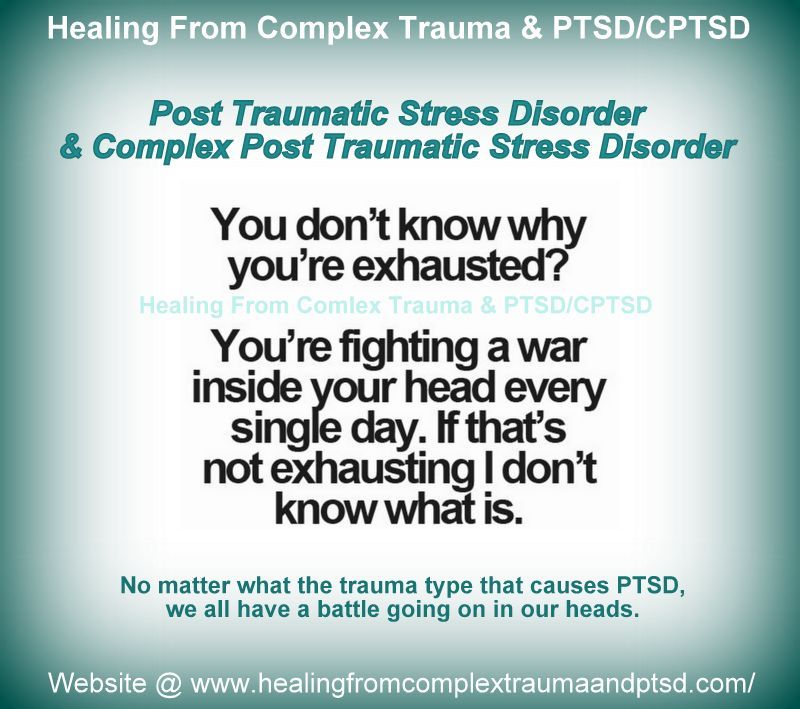 We relive the same story hoping that this time things will be different.
We relive the same story hoping that this time things will be different.
Unless and until we become aware of this unconscious process, we will keep repeating it over and over again.
But there are other reasons why you could have chosen an abusive partner.
2. Low self-esteemLow self-esteem, whether caused by childhood abuse or neglect or not, can cause you to underestimate your abilities and desirability.
That may have led you to choose someone you perceived as stronger and more confident, but who later became controlling and abusive.
#4. Understand Why You Tolerated The AbuseThis can be extremely difficult because it requires complete self-honesty.
No one wants to admit that they are being abused, much less admitting that they have allowed their partner to abuse them and chose to stay even after realizing they are being abused.
Why do you allow our partners to emotionally abuse us?If you were abused as a child, you probably don’t know what a healthy relationship looks or feels like. This makes it even harder for you to identify abuse.
This makes it even harder for you to identify abuse.
Even if you realize that you are being abused, it might be hard to stand up for yourself because you came to believe the things you were told about yourself and came to believe that you are at fault and deserve to be treated in that way.
Emotional abusers tend to blame their partners and not take responsibility for their own part or problems, and this can be confusing, causing the abused partner to doubt their perceptions and reality.
Another reason why people stay in abusive relationships is that they are afraid to be alone. They believe that being in an abusive relationship is better than being alone.
Being alone is so uncomfortable and even frightening to many people. They would put up with almost anything in order to avoid it.
Related: Stop Self-Sabotage: How to Tame Your Inner Teenager and Heal Your Inner Child?
#5. Face Your Feelings of Anger and HurtOnce you discover the origins of your pattern, in order to complete your unfinished business and break the pattern you’ll need to face your feelings of anger and hurt.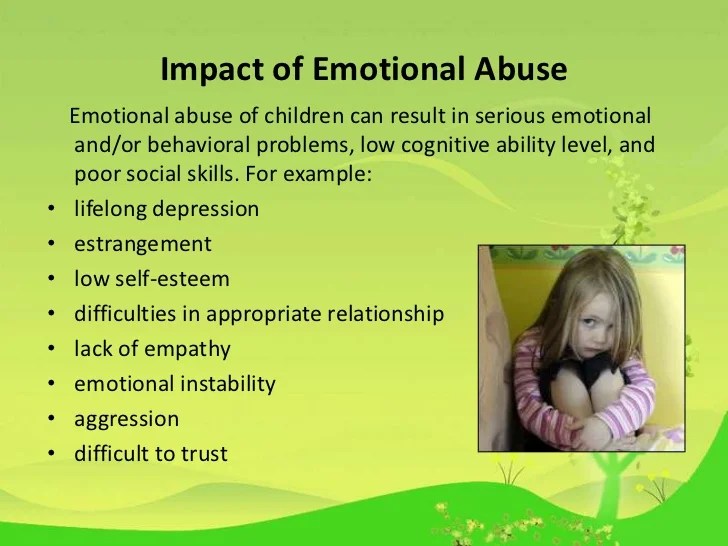
Admit to yourself that you were abused as a child by your parents (or other caretakers).
If you’ve been out of touch with your feelings and have been repressing, ignoring, or minimizing your emotions, you’ll probably find it hard to access your anger or hurt.
If this is your situation, I encourage you to seek professional help or join a group for survivors of emotional abuse.
Pro Tip: Get the support you need whenever and wherever you want with weekly live sessions by phone or video and unlimited messaging. With online counseling apps like online-therapy, you can choose from thousands of licensed therapists and mental health counselors at affordable rates. Use this link to get 20% off and get connected with a therapist now >>
It’s important to recognize how avoiding your emotions, will only make them grow bigger and come out in ugly ways, in the form of self-sabotage, such as getting into an abusive relationship.
Consider that one reason why you were attracted to someone who is abusive, is because of their ability to freely express their anger.
Related: How To Manage Your Anger In Healthy, Effective Ways?
Should You Confront The Abuser?While forgiveness and moving on doesn’t require direct confrontation, it can be healing.
However, an abuser is unlikely to acknowledge their abuse or offer an apology.
If you feel it’s safe to confront your abuser directly, by all means, do so.
Most people decide that an indirect confrontation is more advantageous, either because the abuser is too old or is unlikely to acknowledge their abuse, much less give an apology, or because they have tried direct confrontation in the past without positive results.
Write a letter that you do not send to your abuser. Include everything you’ve wanted to say, including:
(1) what the abuser did to anger/hurt you
(2) how the abuse damaged you and influenced your life
(3) what you want from the abuser now (i. e., an acknowledgment, an apology, better treatment).
e., an acknowledgment, an apology, better treatment).
You can also imagine having a conversation with your original abuser and saying out loud everything you’ve wanted to say.
Even an indirect confrontation can allow you to take back your power and stop being a victim.
GET ACCESS TO OUR FREE MENTAL HEALTH LIBRARY
#6. Coping with a Verbal AbuserIf you’re living with an abuser, you need to arm yourself with the knowledge of just how delusional your abuser is.
You need to constantly remind yourself that negative, abusive statements are simply the lies that the abuser indulges in to control you. Look at the abuser from an observer’s standpoint.
After becoming aware of the abuse, request that your abuser not define you or put you down or abuse you in any way.
If he continues, you know he is irrational. Don’t waste a moment of your time trying to explain to him how what he said wasn’t true. You cannot reason with an irrational person.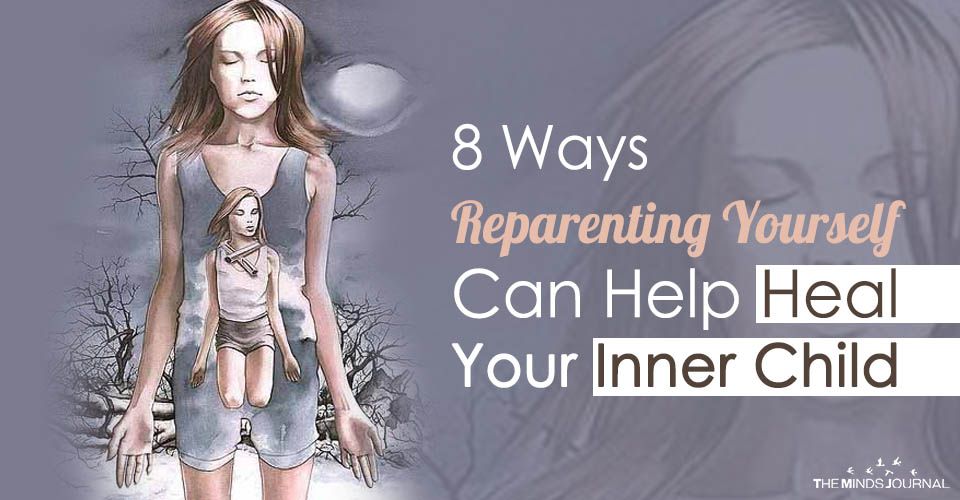
Instead, you respond with disbelief saying something like, “What did you say?” or, “Did you just tell me what I am?”
See if you can wake him up to his nonsensical behavior or if he is willing to get help. If not, make a plan to leave.
Meanwhile, try doing the following:
* Tell the abuser that you will not accept his negative statements and list examples.
* Tell your abuser that you will record his verbal abuse and save abusive texts and emails as evidence.
* Limit contact with the abuser.
* Leave the presence of the abuser if you are abused.
* Hang up the phone if you are abused.
* Don’t explain or defend yourself.
* Call 911 if you are threatened with physical violence. A restraining order may be possible. Always get legal advice.
* Don’t hesitate to call the National Domestic Violence Hotline for information and resources in your area at 1-800-799-7233 (SAFE)
#7. Change the Old Messages
Past negative messages can have a lasting effect unless we deliberately choose to change them and replace them with more positive, realistic ones.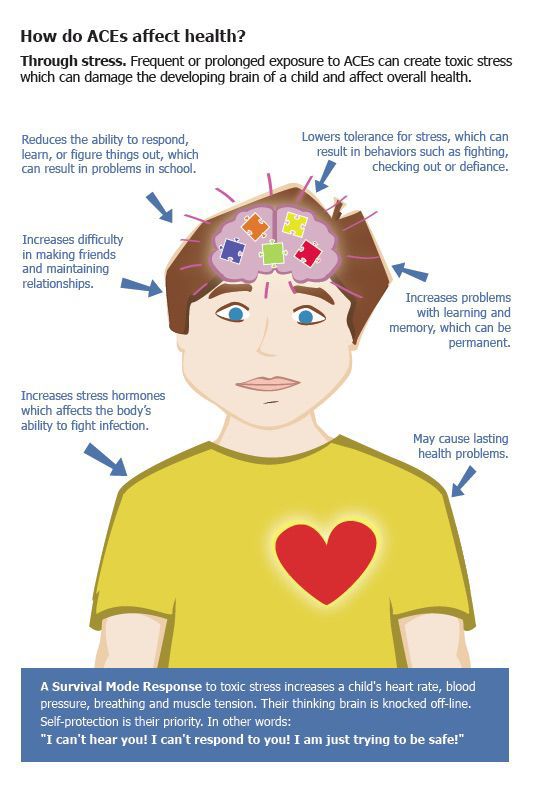
Messages like “You’re worth nothing,” or, “You’ll never be able to do anything,” can make you paralyzed with fear of failure and rejection.
In order to change these messages, you need to first identify them.
Take a moment and get out a piece of paper and try to use single words or short phrases to describe what you think of yourself.
Examine your list and ask yourself, “Is this an opinion I came to on my own? Or did I hear or feel it from someone else?”
Identifying these negative messages and where they came from will help you bring them from your subconscious to your conscious mind to be reevaluated and processed in a more rational way.
But it’s not enough to recognize that these messages aren’t rational or justified, you need to also replace them with positive, more realistic messages of self-worth and acceptance.
Even though you might believe that positive messages are more credible if they come from other people, it is important that these messages come first from you.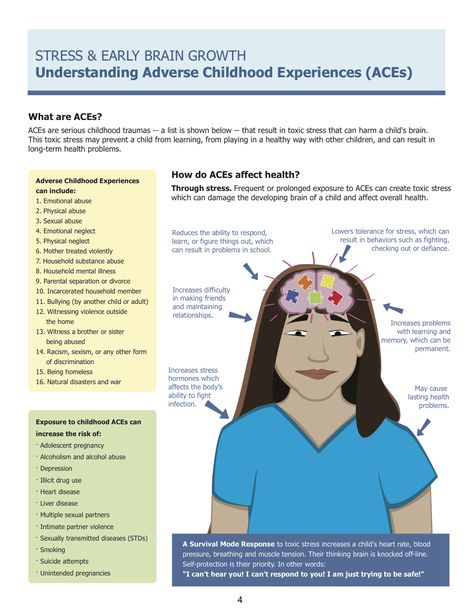
Place “You Are Worthy!” stickers where you will see them often (on the refrigerator, phone home screen, work desk, or bathroom mirror).
Communicate these messages through actions by getting yourself a new haircut, taking time to do the things you enjoy, and scheduling “me” time every now and then.
Related: 45 Easy Self Care Day Ideas at Home for a Healthy Mind, Body & Soul
At first, this might feel awkward; that’s because it is. But to change your distorted beliefs about yourself, you need to first change your words and actions – you need to do it, not because you believe it, but because you know it’s the right thing to do.
Related: How to Challenge and Change Your Negative Core Beliefs?
#8. Take Back Your PowerMost people who have been emotionally abused had their personal power taken from them as children and continued to relinquish their power to others as adults.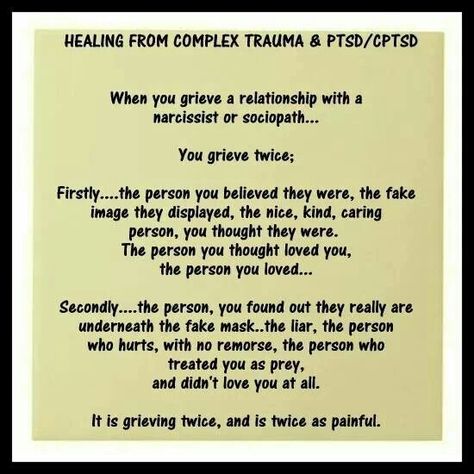
This is one of the main reasons why victims of abuse tend to get into abusive relationships. It’s a way of compensating for their lack of personal power.
Admitting that you have been emotionally abused and directly or indirectly confronting your abuser is a first step to taking back your personal power.
A second step is to convince yourself that you don’t deserve to be abused. Recognize that, as an adult, no one has the right to dictate how you should think, feel, or act.
#9. Set and Enforce Healthy BoundariesSetting healthy boundaries will not only keep you safe but also help you further empower yourself.
An emotional boundary represents a limit as to what feels appropriate and safe.
What feels inappropriate to you may feel appropriate to someone else and so unless you let them know that you won’t tolerate the way they’re treating you, they will continue doing that. That doesn’t help either one of you.
Emotional abuse is essentially a boundary violation, be it accidental or deliberate.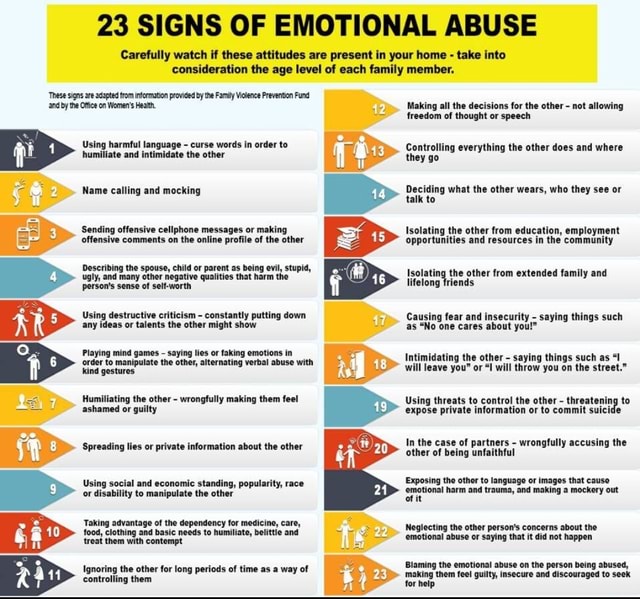
To set boundaries, you need to first identify what these boundaries are – what you will and will not accept in your relationship.
Take a few minutes to think about specific behaviors that you are no longer willing to tolerate.
Complete the following sentence: “I will no longer tolerate…”
For example, “I will no longer tolerate being made fun of.”
Communicate Your BoundariesClearly state what you will and will not tolerate from your partner or other people in your life.
For example, “It is no longer acceptable to me for you to criticize and correct me. I am not a child, and I don’t expect to be treated like one.”
You don’t have to explain or justify your boundaries. If the other person isn’t very willing to honor your limits, consider going through with the consequences.
For example, if you made it clear that you don’t want to discuss a personal matter and the other person isn’t respecting your wish, consider leaving the room or ending the conversation.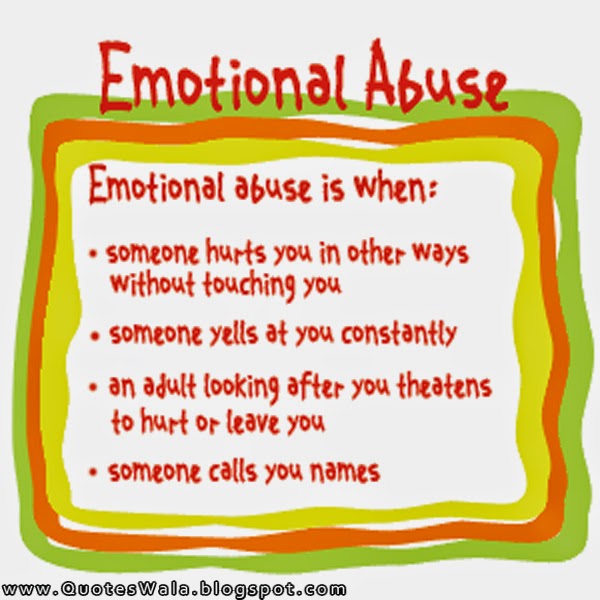
Related: How to Firmly Establish and Enforce Healthy Emotional Boundaries?
#10. Seek Healthy RelationshipsThe best way to change your beliefs about relationships is to seek relationships where healthy patterns can be modeled for you.
This can be done by joining a service club or church.
Services groups are always in need of help and are highly appreciative of those who take the time to volunteer. The appreciation and the effects of your work can record some of your negative messages.
Surround yourself with positive people who will support you and appreciate you for who you are.
If you can’t think of a safe person who’s willing to listen, try 7cups of tea. It is an online service with thousands of volunteer listeners stepping up to lend a friendly ear.
Seeking the professional help of a mental health counselor is a great way when dealing with such a charged subject.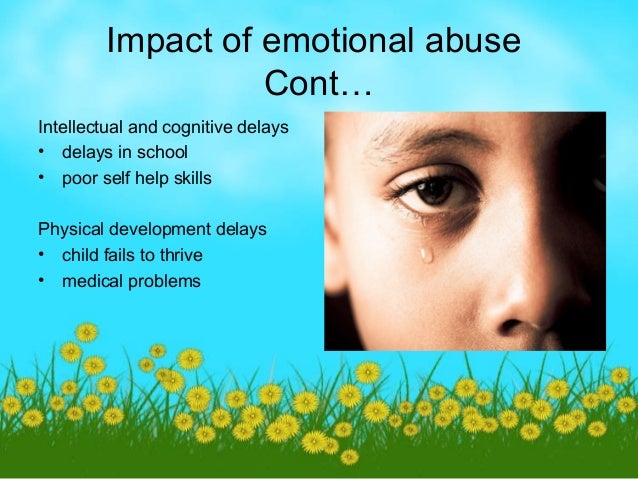
If you were abused as a child, intense emotions like fear, anger, and guilt were probably left with no healthy model of how to soothe and cope with them.
You might find yourself sensitive to any perceived hurt (e.g. a casual comment at work) and might react with anger, fear, or feelings of guilt, instead of allowing yourself to feel hurt.
The person who set you off might not even understand what they had done, or why you are acting in a way that is wildly out of proportion.
Journaling or speaking with a safe friend or therapist, can help you examine your emotions, experience them in a healthy, and learn from their feedback.
Related: The Complete Guide to Understanding Your Emotions
If you can’t seem to access these emotions and find it hard to open up about them, practices of mindfulness can help you get in touch with your emotions and inner thoughts.
1. Choose a task that you normally do on a daily basis, like brushing your teeth or taking a shower.
2. Try to focus your attention on the task, bringing all of your senses to the experience.
3. If you’re taking a shower, feel and listen to the water pouring against your skin, and smell the shampoo you’re using, and visualize details you don’t usually notice, such as the iridescence of the bubbles.
Continue Reading Best 10 Mental Health Coloring Books
#12. Recognize Your Abuse through Your ChildrenEmotional abuse is usually self-perpetuating. The cycle is repeated throughout relationships and across generations. The father who emotionally abuses his child had probably been abused by his own father, and so on.
This is why nothing can make you more aware of your childhood emotional abuse than observing your own way of treating your children.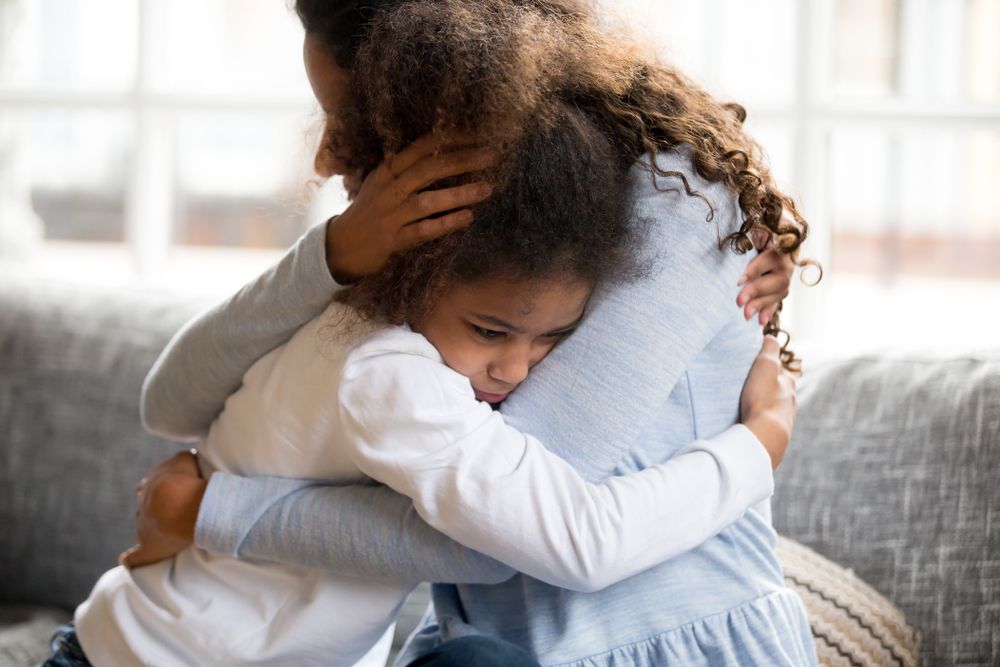
Because there is too much at stake, you shouldn’t turn away from examining your behavioral patterns and putting an end to the cycle of abuse.
ConclusionRelated: Get Positive Revenge: 6 Ways to Heal From a Narcissistic Parent
Emotional abuse often goes undetected, but even those who realize they are being emotionally abused may blame themselves or make excuses for the abuser.
When you allow emotional abuse to continue, you are actually participating in creating a dysfunctional relationship.
It’s important to become aware of emotional abuse and stop it as soon as possible.
References
- Portions of this article were adapted from the book Healing the Scars of Emotional Abuse, © 2003 by Ann McMurray and Gregory L. Jantz. All rights reserved.
- Portions of this article were adapted from the book Victory Over Verbal Abuse, © 2011 by Patricia Evans.
 All rights reserved.
All rights reserved.
- Portions of this article were adapted from the book The Emotionally Abusive Relationship, © 2002 by Beverly Engel. Jantz. All rights reserved.
- Abusive Relationships: 6 Signs To Look For (webmd.com)
- 9 Signs of an Abusive Relationship and How to Seek Help (insider.com)
- 10 Signs of an Emotionally-Abusive Relationship (brides.com)
- (PDF) Commitment: The Key to Women Staying in Abusive Relationships (researchgate.net)
- Perceptions of Why Women Stay in Physically Abusive Relationships: A Comparative Study of Chinese and U.S. College Students – Brandie Pugh, Luye Li, Ivan Y. Sun, 2021 (sagepub.com)
- Eight Reasons Women Stay in Abusive Relationships | Institute for Family Studies (ifstudies.org)
- Development and validation of the TAR Scale: A measure of technology-facilitated abuse in relationships – ScienceDirect
- Abuse in Intimate Relationships (musc.edu)
Affordable
Online Therapy: Do You Need Professional Help?Visit Online-Therapy.
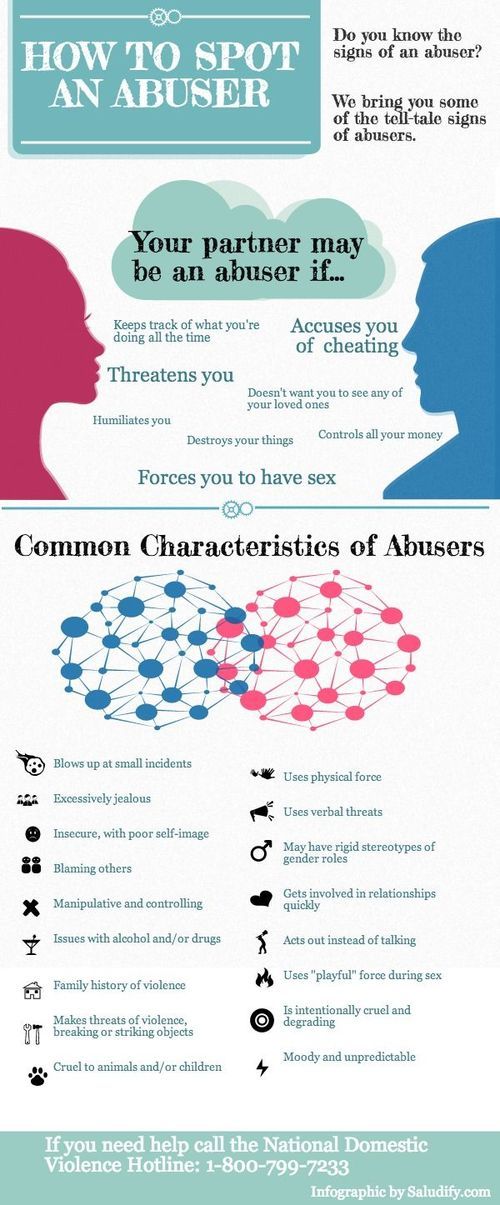 com Today
com TodayTalk to Someone Now
Can’t Afford Therapy?
Our Worksheets Will Help Support Your Mental Health
Access Our FREE Library Resources
5 Ways to Recover and Love Yourself After a Toxic Relationship per.
How can the effects and consequences of emotional abuse be described? They are invisible. Emotional abuse leaves no physical traces. But what about the deep psychological wounds and heartache that people can't (or don't want to) see?
According to Andrea Matthews, online magazine contributor Psychology Today , Emotional abuse tactics include things like constant criticism and/or control, verbal assault and/or violence, blaming and/or devaluing language, psychological manipulation, total withdrawal from communication, and isolation of the victim from supportive friends and families.
“I know what's best for you. Your friends don't care about you the way I do."
“What are you talking about? I did not say that.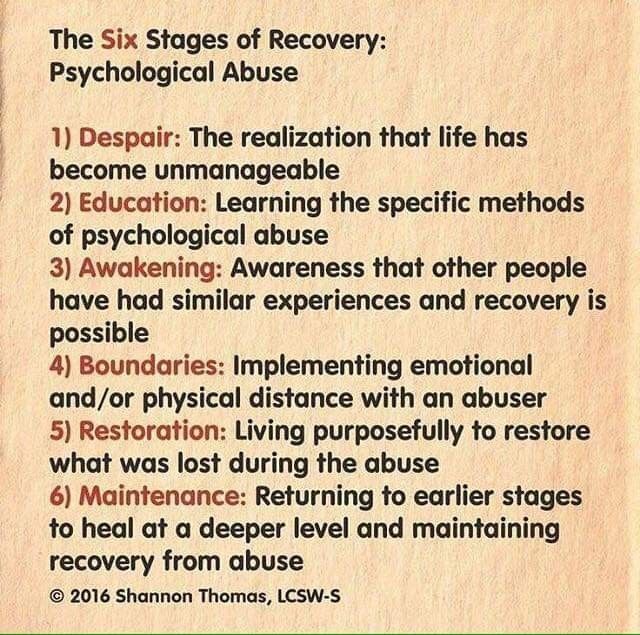 You are imagining."
You are imagining."
"You won't leave me... And I won't let you do that, even if you try."
"Use less make-up - this way you will look more honest."
The cycle of abuse, described by Dr. Lenora Walker based on the experience of survivors, includes four stages: tension build-up, incident, reconciliation, honeymoon. It also applies to emotional abuse.
© Gohar DashtiEach phase helps keep the victim under the control of the aggressor, in a state of unreality where the victim doubts his own feelings.
The pain of being isolated, humiliated, or controlled by someone you love or are in a relationship with leads to severe consequences that can haunt you for years.
Depression, anxiety, and PTSD are common among survivors of emotional abuse, and lack of support or skepticism from others can make the healing process even more difficult.
Your experience is real, no matter how hard people try to convince you otherwise. You deserve the right to be heard, the right to be healed.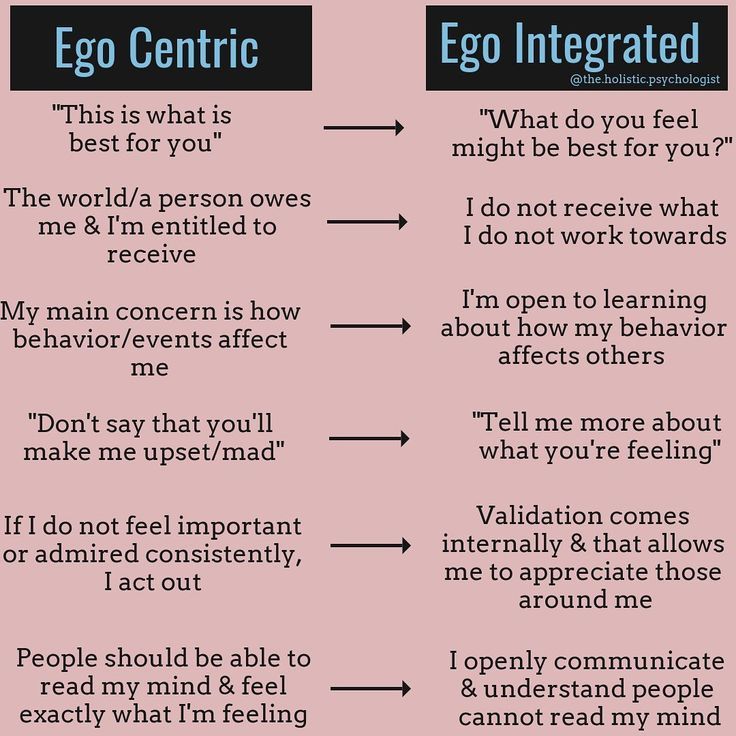
When an emotionally abusive relationship of any kind comes to an end, the big question often arises: “Now what?”. We talked to survivors of emotional abuse, and here are the answers we came up with.
© Gohar Dashti1. Take your time
In a relationship where there is emotional abuse, time is often used to focus your attention, affection and effort on the aggressor. Time is power, and the aggressors will do everything so that you do not have it left.
Whether it was situations where you were “not allowed” to date a certain friend, told that your long-term dream was a waste of time, constantly questioned your opinion, gaslighted [gaslighting is a form of psychological abuse, the main purpose of which is to make a person doubt in the adequacy of their perception of the surrounding reality - approx. per.] controlled who, what, when, where, why, or how you spend your time with—outside of these relationships, you can often feel scared rather than free. And this is absolutely normal.
“I went from the love of his life to a source of disappointment and a burden. Every time I wanted to spend time with him, it could lead to a fight,” Eva says of her toxic relationship that lasted three years. “He threatened to leave me, or he did go away for a short time—that’s how he maintained his power in the relationship. If I wasn't exactly what he wanted me to be, he started threatening me."
The aggressor wants you to feel lost, scared and alone, as if without her there is a huge hole in your life - but that's not true. And she never was.
Only you decide how to live your life. You can spend as much time as you want on anything and anyone. And you can decide for yourself when, where and how you do it.
Although the effects of abuse may affect your ability to fulfill your desires, you have no time limit for healing.
Take care of yourself on your own terms.
That slam poetry club you've always wanted to join, the pet you've wanted to have for years, or your dream job on the other side of the world.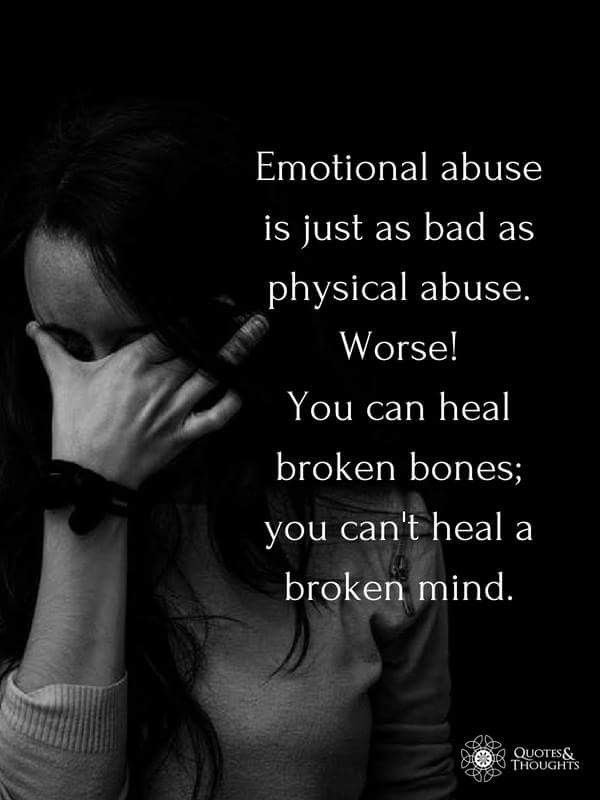 .. Use your time however you want.
.. Use your time however you want.
2. Reclaim your boundaries
Boundaries are critical to loving yourself and others.
As the online counseling service 7 Cups explains, boundaries allow you to define your limits: where they start, where they end, and under what conditions you interact with people around you.
Healthy boundaries are established through constant communication, when all participants approach it with responsibility, empathy and understanding.
“For me, healing means recognizing that my needs matter and that I am responsible for them. I can decide what kind of people will surround me, - says Jordan, who suffered from emotional abuse from her parents. “I knew I made the right choice because I felt less stressed and angry, and I had a new mental space and time to surround myself with people who supported me.”
Although Jordan still keeps in touch with her parents, she was able to gradually build boundaries between herself and them and insist on these boundaries - physical distance and time spent away from her parents helped her in this.
You may not feel that way now (or haven't felt that way for a long time), but the power is back in your hands. It's not going anywhere and will be here when you're ready to redefine your boundaries.
And you know what's best? It's all about you .
© Gohar Dashti3. Forgive yourself
What the aggressor did to you was wrong. You didn't deserve it. Guilt, shame, and the fear that you somehow brought all this on yourself are things that do not deserve to be spent on them. And they never deserve it.
Among all that you deserve, forgiving yourself is somewhere at the very top of the list.
Although emotional abuse (“intentional infliction [...] of mental suffering”) is a recognized form of abuse, people still find it difficult to trust survivors and rarely support them.
“When it was people who didn't know him, everyone was incredibly loving and supportive,” Eva says of her experience of talking about violence from her ex-partner. “Nevertheless, when I talked about it with people who knew us together, although they agreed that it was a toxic and terrible relationship and I was manipulated, they were very uncomfortable because of the word “violence”. As if my experience lacked something for them to consider as violence; or they were just (un)comfortable with the word.”
“Nevertheless, when I talked about it with people who knew us together, although they agreed that it was a toxic and terrible relationship and I was manipulated, they were very uncomfortable because of the word “violence”. As if my experience lacked something for them to consider as violence; or they were just (un)comfortable with the word.”
Violence in any form is never your fault. It doesn't matter what kind of person it was. It doesn't matter how he got into your life. It doesn't matter how long the relationship was. It doesn't matter why you didn't break up.
None of this matters, except for one thing: you've been through it. You survived. You are free. You did it!
© Gohar Dashti4. Knowledge is power
Trying to deal with the topic of violence and figure out what to do next can be a difficult task even on good days and absolutely impossible on bad days.
After being forced to see the world through the eyes of the aggressor (however long it takes), it's perfectly normal to feel confused (and even fearful) because you don't know where to start.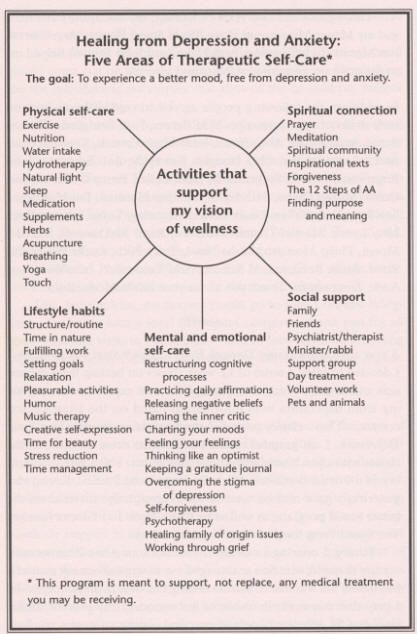
For many, therapy can be a good thing: "[In therapy] I've learned to ask for help and take breaks when I need them," says Cathy, who suffered from toxic friendships five years ago.
During the confrontation with the attacker and her actions, Cathy lost her best friend, whom she had been friends with for eighteen years. “When I was able to talk about what happened without crying or having a panic attack, I realized that I had begun to truly heal,” Katie adds.
Depending on the resources available to you, you may find workshops, classes or seminars that you can attend. A quick web search can reveal local organizations, communities, support groups, and more.
If resources are difficult to access or you are unable to attend a course in person for any reason, the internet is here to help.
There are thousands of articles on everything: how to deal with an abuser, how to end a relationship with a friend, how to recognize a toxic relationship in movies, and so on.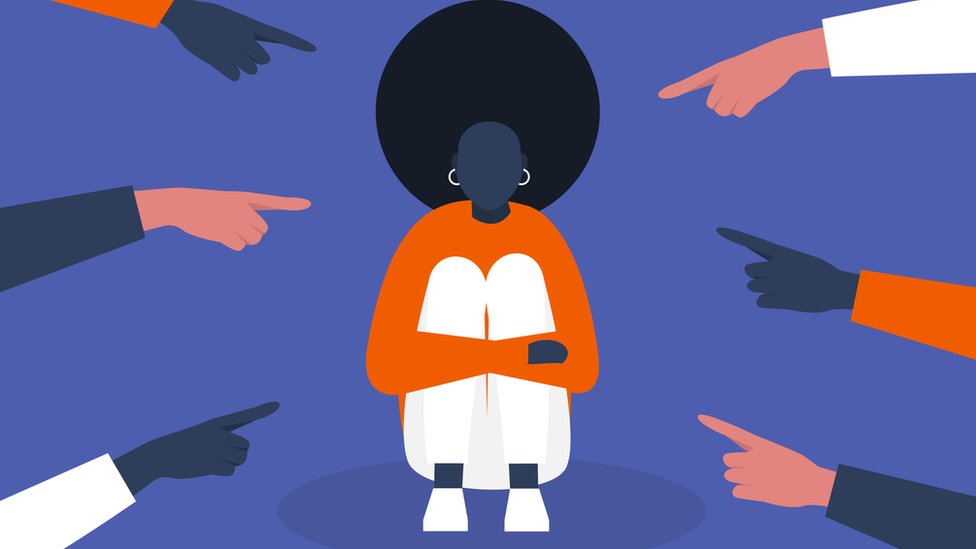
From creating healthy boundaries to conflict resolution techniques, there is a course or article waiting for you. And the knowledge that you get from them will become another tool in your arsenal.
© Gohar Dashti5. Take back your story
People who use emotional abuse on others often plant false ideas in the victim's head to justify the abuse. Such representations often portray the aggressor as always right, while the victim has no power or say in what the aggressor says or does - the victim can only accept her point of view and agree with her decisions.
Toxic misconceptions can look very different. Among the many lies that bullies seek to convince their victims are that they, the victims, are unable to live their lives without the aggressor, that they are in some sense “damaged goods,” or that no one else will love them.
This is also a form of gaslighting - the aggressor is trying to change your reality by changing the way you see yourself. The conflicting emotions of having someone you trust or love tell you a false, hurtful story about yourself can be very traumatic and have long-term consequences.
The lies your aggressor told you may still affect how you perceive yourself, even after the end of a toxic relationship.
© Gohar DashtiWhen the aggressor is safely and securely removed from your life, you have the opportunity to reclaim your history. Breaking the aggressor's lies and manipulation through your self-realization can feel like an awakening, but it can also be very emotionally costly.
Recovering your story is a very personal matter and you don't have to do anything if you don't want to: for example, you don't have to tell your story publicly or share it with anyone at all. It doesn't matter how you continue your story - now only you decide what it will be.
* * *
Emotional abuse and its consequences are not easy to heal. You are recovering from months, years, or even decades of destruction, and it is common to experience difficulties in doing so. Because it's really hard. You have been abused and these are the consequences.
Healing is non-linear and the process can take months, years or decades.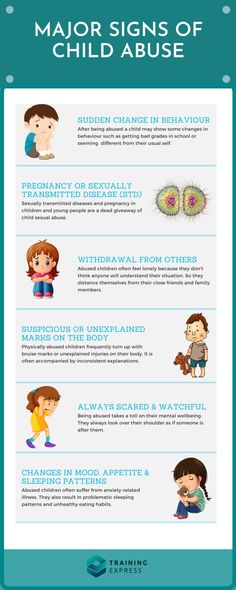 Everyone needs a different amount of time to heal.
Everyone needs a different amount of time to heal.
As long as you understand all the details of your situation, your journey can take many different paths, and there are resources available for each step along that path.
Above all, know that you are loved and that you are not alone.
Sophia Stephens is a freelance writer, journalist, speaker, educator and advocate based in Seattle where she/they works with local and national organizations including The Stranger, Kids & Race, Seattle Theater Group, Distinction Music Management, Youth Radio and Northwest Asian Weekly . Sophia's work is mostly related to issues of radical intersectional social justice, politics and pop culture, but if you ask, they will always write a good story for you about their cat. If you want to connect with Sophia, you can always find them on Instagram and Twitter @sophia_akiko.
Psychological violence and ways of coping
Zyuzkina Anastasia Andreevna, psychologist of the health care institution "City Clinical Psychiatric Dispensary"
Often domestic violence against women and children is not perceived as an act of violence.
The topic of psychological abuse is broad in nature, this issue is relevant not only in the field of the family system, but also in the sphere of work.
For example, in the scientific literature, psychological violence is called mobbing - the employer's disrespectful attitude towards employees in the context of labor relations. Situations where periodically (at least once a week) the employee is humiliated and harassed by the team or the manager, the purpose of which is to dismiss the employee during the period of employment. Mobbing is manifested in the oppression of a long period of time and includes negative statements, unfounded criticism, social isolation of an employee, dissemination of deliberately false information about a person, and more.
Psychological consequences for the object of mobbing are so serious that social significance is perceived as traumatic and compared with murder, rape and robbery. Some people even think about suicide.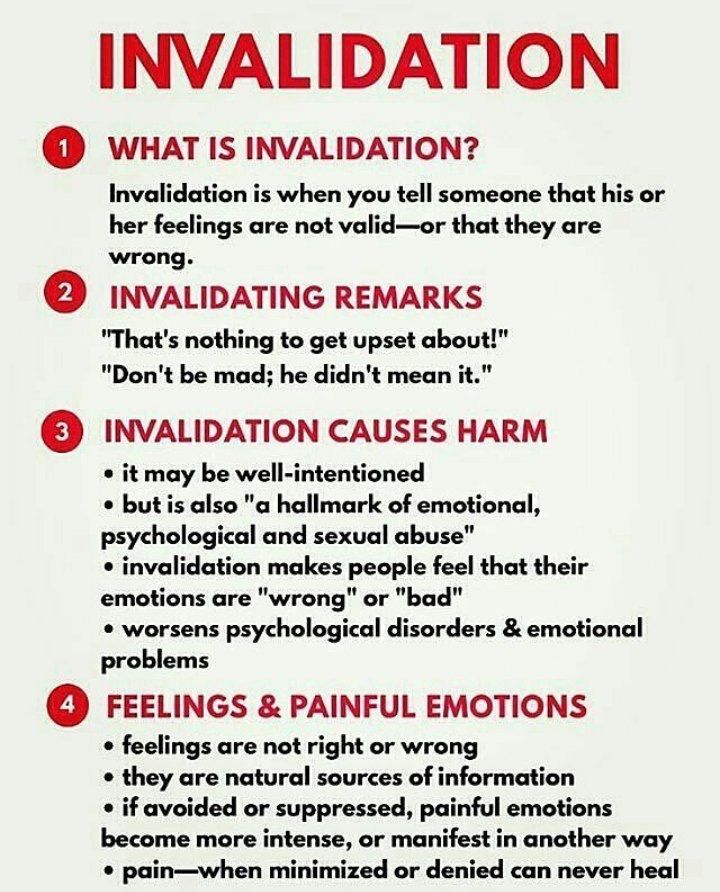
Most often, psychological abuse occurs in the family. The main victims of domestic violence are women and children. The consequences of psychological violence include sleep and appetite disorders, alcoholism, reckless committing of traumatic actions, a change in the nature of the personality.
Psychological violence is a form of influence on the emotions or psyche of a partner through threats, intimidation, insults, criticism, condemnation, etc. That is, a constant verbal negative impact on another person. More often this type of violence is subjected to wives from their husbands, much less often vice versa.
Psychological abuse can escalate into physical abuse.
Domestic violence also spreads in cohabitation as cohabitation. Most often it is a form of psychological abuse. Psychological abuse is on a par with physical abuse, since the personality is violated by suppressing self-esteem. Under such conditions, the person who is targeted by the negative impact does not assess the situation as dangerous and sometimes it is necessary to convince them that they have become precisely the victims.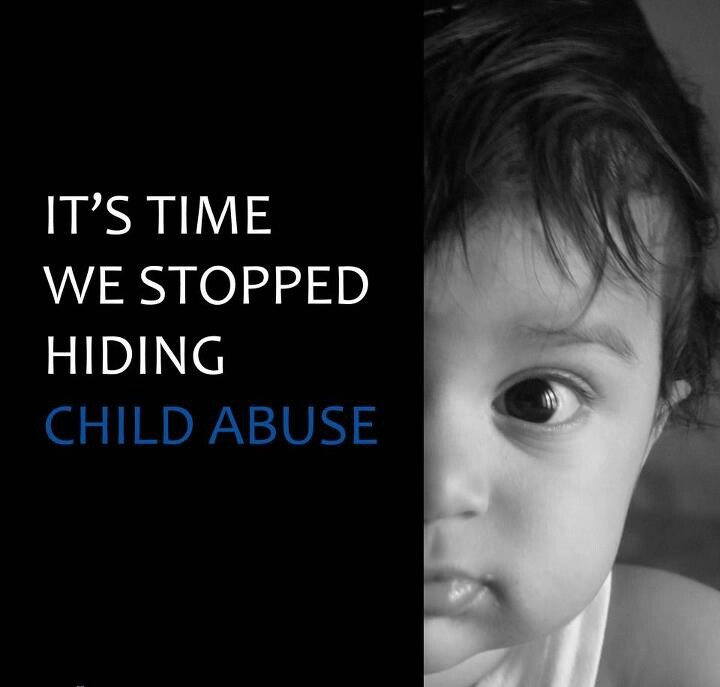 Beliefs are formed as if she herself is to blame, misunderstood, did not tolerate, did not prove, provoked. As a result, personal characteristics are formed: self-restraint, alienation, negativism, refusal to express one's own position.
Beliefs are formed as if she herself is to blame, misunderstood, did not tolerate, did not prove, provoked. As a result, personal characteristics are formed: self-restraint, alienation, negativism, refusal to express one's own position.
Insults, violence, mistreatment in psychology is called abuse. The person who forces to do something, offends, forces to perform actions that are unpleasant to another person, respectively, is an abuser.
The reasons why one partner affects the psyche of another are varied, the most common: the need for self-realization and self-affirmation at the expense of the other, difficulties in the inability to express one's desires and thoughts, past experience, financial dependence on one's partner, the perception of violence as a norm in family behavior, propaganda of violence in the media / movies / video games, psychological deviations in the form of a psychological trauma.
With constant criticism, the self-esteem of the victim decreases to a certain level and self-confidence is shaky, in this state it is easier for the tyrant to impose his opinion and desired behavior.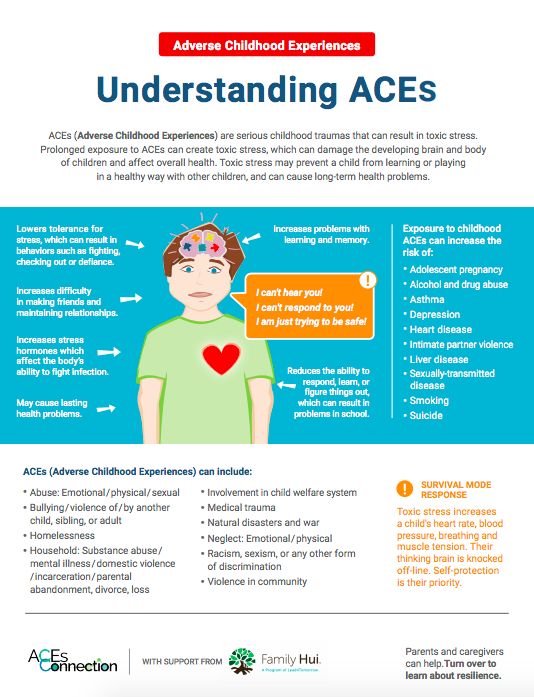 The victim in such a state of mind doubts the correctness of his actions, a feeling of insignificance and guilt is instilled. By psychologically influencing such a person, another model of life is laid, the position of a tyrant is adopted and control is exercised on his part.
The victim in such a state of mind doubts the correctness of his actions, a feeling of insignificance and guilt is instilled. By psychologically influencing such a person, another model of life is laid, the position of a tyrant is adopted and control is exercised on his part.
There are many signs of psychological violence and a combination of signs is used to determine it, and not each factor individually:
- criticism - a rough assessment of shortcomings, comments about appearance, intelligence, taste preferences, such criticism may be followed by insults.
- Humiliation - insults, rough treatment.
- Accusation - conviction of guilt, for example, in family failures and shifting responsibility for everything that happens.
- Despotism - commanding tone in communication, orders and instructions instead of requests.
- Intimidation - threats of physical violence against the victim and their loved ones, limiting prohibitions on contact with children and threats from the tyrant to commit suicide.
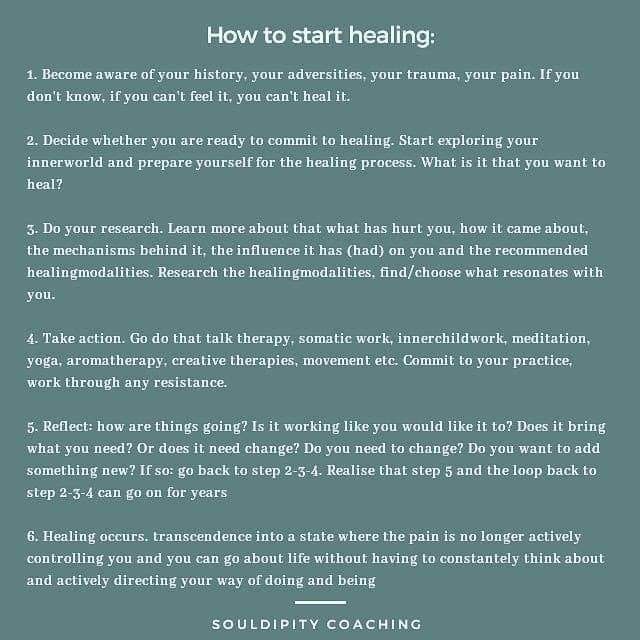
- Prohibition to communicate with relatives, friends, colleagues, deprivation of means of communication.
- Prohibited from visiting places outside the home and obtaining permission from a partner to leave the house.
- Permanent presence, partner rarely leaves alone.
- Monitoring behavior and communication outside the home, checking private messages, checking call lists, checking email, installing software, hidden or open surveillance (video surveillance).
Emotional abuse also includes jealousy, which manifests itself in constant accusations of adultery.
A psychological abuser has such qualities as: disrespectful attitude towards a partner and his life principles; the imposition of help that was not asked for, generosity that puts you in an awkward position; total control; jealousy; threatening behavior; the presence of double standards “I can, but you can’t”; life credo "a man (woman) is never guilty of anything."
There are several types of psychological violence. Gaslighting is one of the most severe forms of psychological abuse. The gaslighter denies their partner or child adequateness using the phrases “it seemed to you”, “it didn’t happen”, “you just don’t understand it”. The victim is instilled that the perception of the environment is erroneous, therefore, the victim is convinced that she is going crazy. Neglekt - ignoring any needs, arguing that a person does not need it, deliberate negligence. Sometimes the abuser pushes his partner to plastic surgery, refuses to deal with everyday life and children. In this situation, it is best to isolate yourself from the abuser. Visholding - refusal to discuss an exciting topic. Emotional blackmail - ignoring any action of the victim, emotional coldness, silence, blackmail with personal information. The purpose of such behavior is the subordination of another person, deprivation of one's own will, and only by limiting communication can one protect himself from this.
Gaslighting is one of the most severe forms of psychological abuse. The gaslighter denies their partner or child adequateness using the phrases “it seemed to you”, “it didn’t happen”, “you just don’t understand it”. The victim is instilled that the perception of the environment is erroneous, therefore, the victim is convinced that she is going crazy. Neglekt - ignoring any needs, arguing that a person does not need it, deliberate negligence. Sometimes the abuser pushes his partner to plastic surgery, refuses to deal with everyday life and children. In this situation, it is best to isolate yourself from the abuser. Visholding - refusal to discuss an exciting topic. Emotional blackmail - ignoring any action of the victim, emotional coldness, silence, blackmail with personal information. The purpose of such behavior is the subordination of another person, deprivation of one's own will, and only by limiting communication can one protect himself from this. Ignoring - emotional withdrawal. Isolation - prohibition of communication with everyone except the abuser himself, so the request for help is difficult to carry out. Control - tight control over any actions of the partner. Criticism - pointing out shortcomings and miscalculations, that in front of other people it looks like ridicule. The purpose of such behavior is to form an inferiority complex, after such an impact it is difficult to recover from such a relationship, faith in oneself, partnership is lost.
Ignoring - emotional withdrawal. Isolation - prohibition of communication with everyone except the abuser himself, so the request for help is difficult to carry out. Control - tight control over any actions of the partner. Criticism - pointing out shortcomings and miscalculations, that in front of other people it looks like ridicule. The purpose of such behavior is to form an inferiority complex, after such an impact it is difficult to recover from such a relationship, faith in oneself, partnership is lost.
It is best for the victim to get out of the situation of violence (even run away, disappear from view). Victims of psychological abuse cannot avoid mental problems. Such people are in a state of psychological trauma and experience anxiety, fear, may become depressed, and suicidal attempts are not excluded. There is also emotional dependence, neglect of one's needs, various addictions may arise, for example, alcohol or drugs.